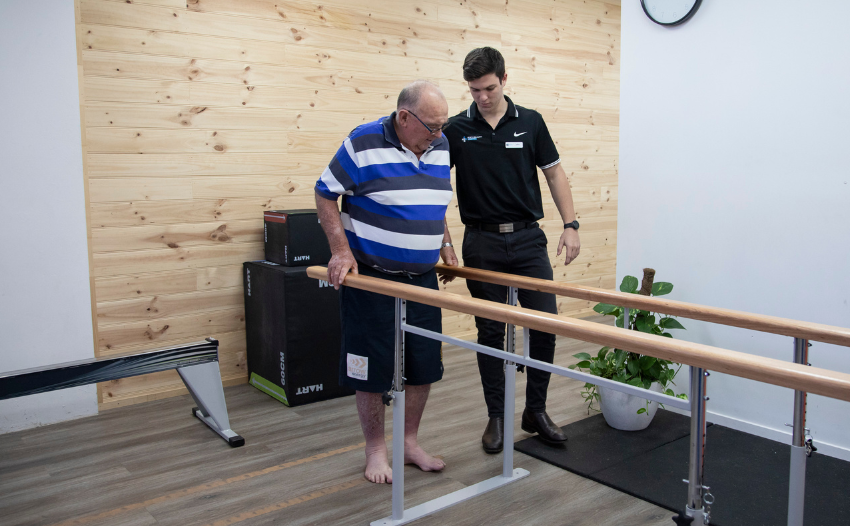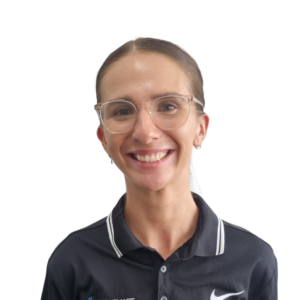
Increased falls risk associated with ageing
Ageing is a natural part of life. We all do it. With ageing, however, comes a natural decline in physical capabilities. You might wake up one morning and find it extra hard to get out of bed.
Suddenly you can’t bend down to tie up your shoelaces, or gardening, which was once an enjoyable relaxing hobby, has become a chore that you dread due to pain and feeling unstable on your feet.
You might think back to the good old days when you took pain-free movement for granted, and when you didn’t live in fear of falling and not be able to get back up. You might realise you haven’t had to use your upper body in years, and suddenly you’re stuck on the ground wondering how long you’ll be there for. Recovering from a fall takes longer the older you are, especially for those already suffering from other chronic health conditions such as cardiovascular disease, diabetes or osteoporosis. A fall may lead to serious injury, hospitalisation, a loss of confidence and a sense of vulnerability in everyday life. This all leads to a significant reduction in your quality of life.
As we age, we tend to have a gradual loss of muscle strength and muscle mass, leading to reduced muscular endurance. Your joints may start to feel stiffer, making doing simple tasks of daily living more difficult. Bone density also tends to decline, meaning the bones become less resilient to stress and therefore at an increased risk of fractures. This makes participating in weight-bearing activities such as running or even walking more challenging. As if all of that isn’t enough, aging can lead to decline in the sensory systems that contribute to maintaining balance and proprioception, such as vision and hearing. It almost seems like a recipe for disaster!
All of these factors can combine to drastically affect balance and coordination, making individuals much more likely to fall over. Now while this may sound scary, we aren’t completely helpless to change things. Aging is a wonderful thing and can go a lot smoother if you approach it with the correct tools and prepare accordingly. Preventing falls is extremely important for older adults but is something that can be addressed anytime in your life and maintained in your older years.
It’s never too early to develop a program to promote overall strength, flexibility, stability and balance. Completing a well-rounded healthy aging program means that if you’re in a situation where you’re likely to fall, you already have the tools available to steady yourself and stay balanced. Strong muscles provide extra support for the joints of the body. Muscle mass helps with maintaining stability by controlling and correcting unsteady movements. By having muscle mass, you can also reduce reliance on walking aids.
Proprioception training is important as it focuses on building up the body’s ability to sense its position in space. Proprioception training works to enhance neuromuscular control and is extremely beneficial for people of all ages and abilities. Examples of proprioception training include exercises performed on unstable surfaces such as foam pads or wobble boards. You begin using your deep, underdeveloped muscles to work extra hard to figure out how to keep the body from losing balance and stay upright.
Balance exercises, such as heel-to-toe walking in a straight line, also improve joint position sense, preventing missteps and promoting better gait. By trying to train yourself to look up in front of you while walking, rather than stare down at your feet, you are training your brain to become aware of the body’s position.
If you’re worried about aging and how it’s going to affect you, talk to your local Exercise Physiologist or Physiotherapist. They can help you with developing your strength, proprioception and balance so you can go into your later years with confidence!
About the Author:

Abby Anderson is an accredited Exercise Physiologist and is based out of our Sunnybank clinic.
If you would like to make an initial appointment with any of our available Physiotherapists or Exercise Physiologists, you can contact us on 1300 630 204 or email reception@bodysmarthealth.com.au